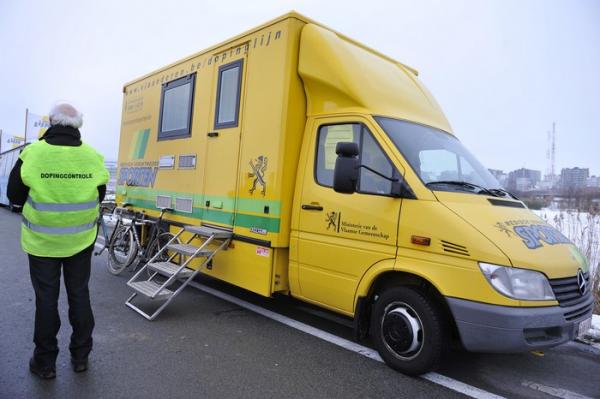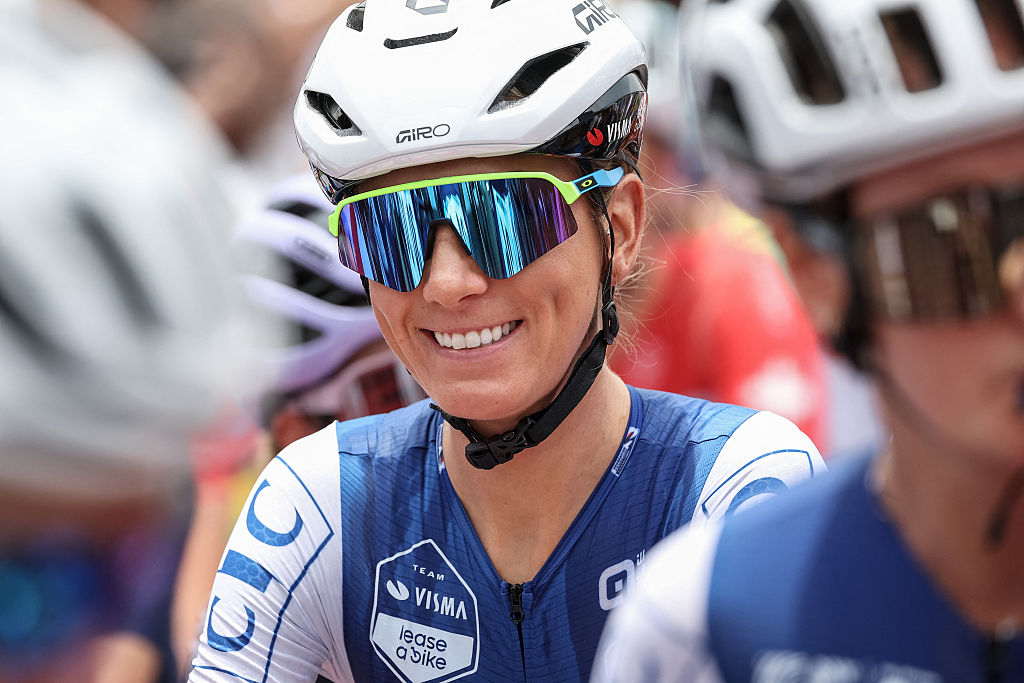AFLD and UCI ink anti-doping pact for Tour de France
Agencies to carry out similar number of tests to 2010
The latest race content, interviews, features, reviews and expert buying guides, direct to your inbox!
You are now subscribed
Your newsletter sign-up was successful

The International Cycling Union (UCI) and the French Anti-doping Agency (AFLD) have formalised an agreement to perform the doping controls at the 2011 Tour de France together.
Bordry critical of UCI testing
UCI/AFLD: Accusations continue
UCI allows WADA independent observers at the 2010 Tour de France
Bordry steps down as head of AFLD
WADA issues report on UCI's Tour de France doping controls
UCI to study recommendations of WADA's independent Tour de France report
AFLD prepared to work with UCI on 2011 Tour de France doping controls
UCI physician Mario Zorzoli confirmed the news at a press conference, the AP reported, and said the pact calls for a number of controls similar to the 2010 race to be performed, approximately 500.
The reports did not mention whether the two agencies would take action on any of the recommendations made by the World Anti-Doping Agency's independent observers after the 2010 Tour de France.
The observers were brought in because of a conflict between the AFLD and UCI that arose after the race was run outside the control of the UCI in 2008 where the AFLD was solely in control of anti-doping testing. That year the AFLD uncovered the use of a novel blood booster known as CERA, and was able to find a number of riders positive during and after the race.
When the UCI took over the following year in 2009, then-AFLD president Pierre Bordry was critical of the UCI's controllers, accusing them of favoritism toward Lance Armstrong's Astana team.
The UCI responded by allowing the independent observers in the 2010 edition. The only doping positive from the 2010 event was that of winner Alberto Contador, whose clenbuterol case is still pending arbitration.
Its final report of the observers was released last October, and it made a number of recommendations for improvement, most notably that the riders who were rated as the highest risk were not tested enough. Earlier this year, a list ranking the 2010 Tour de France participants in terms of suspicion of doping was leaked to the media, and the RadioShack team confirmed that some of its riders were targeted for additional controls.
The latest race content, interviews, features, reviews and expert buying guides, direct to your inbox!
It also noted that the UCI focused more on taking controls for the biological passport than on testing samples for prohibited substances. Only 70 percent of urine samples were tested for EPO.

